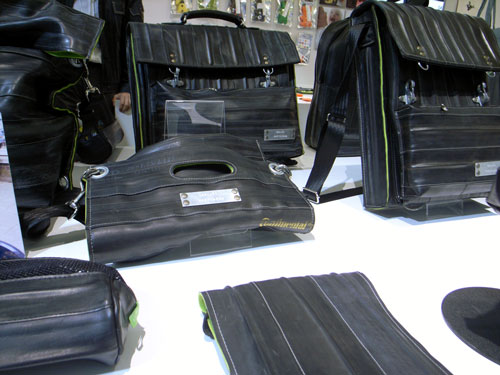For the first time since I moved to Stockholm, I go to a nightclub featuring drum & bass. Since last September, Bysis (Hornsgatan 82, 5 min walk from Mariatorget tube station) has been hosting the drum & bass party Ill Flava every Saturday. I finally manage to have an opportunity to check it out.
Arriving at the venue shortly after 11 pm, there are only 3 English-looking guys sitting at a table at the back. The music is not drum & bass but lounge-ish breakbeat. A couple arrive just before 11:30 after which the entrance fee of 60 krona is imposed. The 3 guys leave the venue. The DJ starts spinning drum & bass beats. Several more punters (half male half female) come to the venue, sit at the table, and leave without dancing ever by midnight. The couple starts dancing. By the time I leave the venue around 1 am, no one else comes to the venue.
Horrible. Is it because tonight is too cold (below zero degree)? Is it because everyone is tired of celebrating Halloween last night? (Young Swedes do celebrate Halloween, perhaps as a pretext for drinking.)
Compared to London nightclubs, the quality of sound systems is not excellent, probably not ideal for bass-intensive drum & bass music. But it's reasonably decent for this size of a nightclub. The illumination system is quite good. The DJ is actually good at mixing different tunes in a smooth way. The venue interior is cozy.
I guess what's lacking in this party is advertisement. The venue is not located in a happening area during the night. Unless you aim for this particular party, people won't show up. Perhaps it needs an additional attraction. Fabric, London's nightclub that has been supporting drum & bass after its demise in the late 1990s, attracts punters by its maze-like structure and an incredibly good sound system. It certainly contributes to the survival of drum & bass by exposing to drum & bass those people who otherwise would not even know what it is.
Anyway, during the past one year or so, I have been appallingly demotivated about work and life. A nightclub atmosphere with my favorite drum & bass music playing makes me feel down to earth, probably for the first time ever since I came to Stockholm, and allows me to think hard about what motivated me in the past and what makes my life happy.
And I find it tonight.
